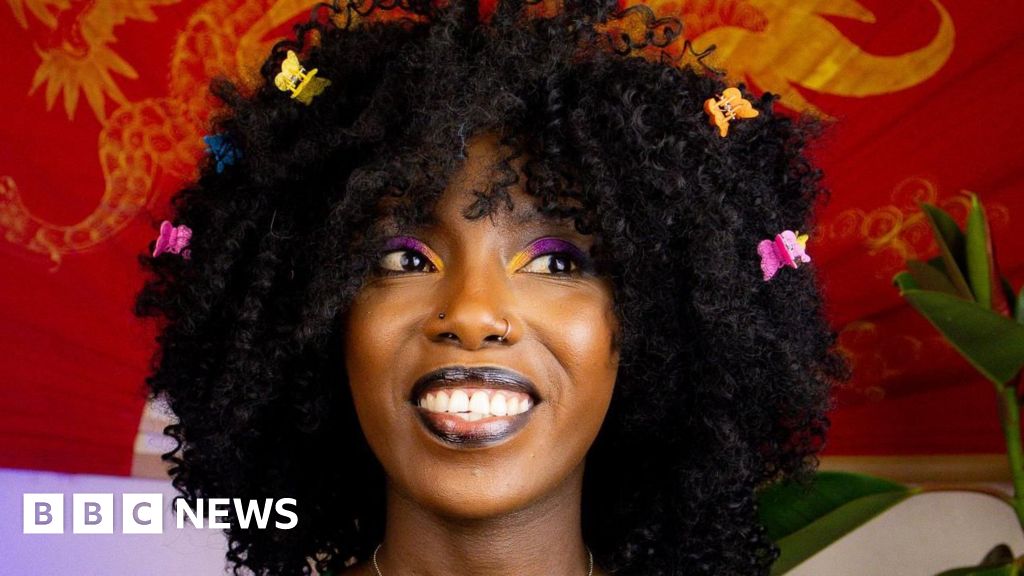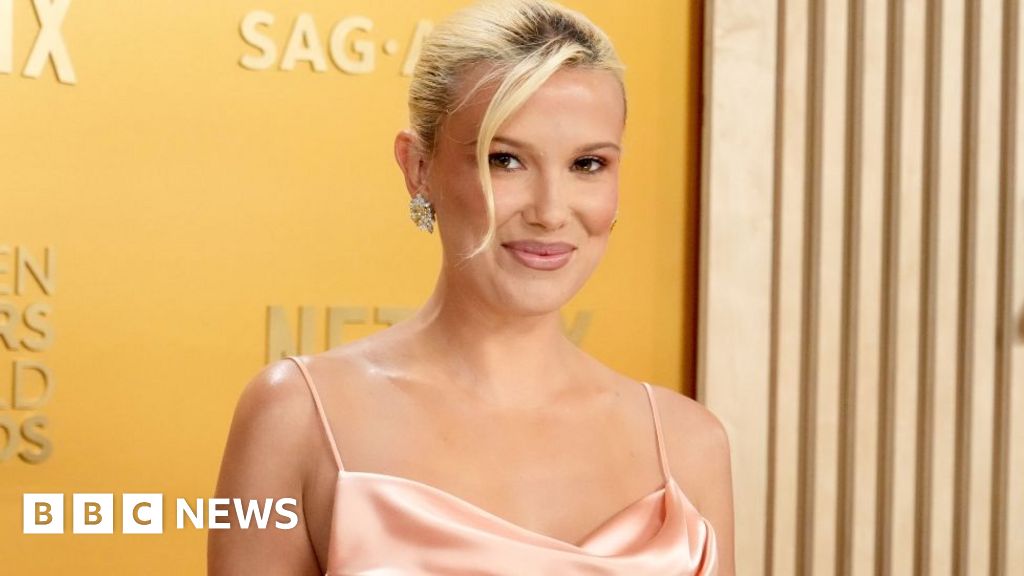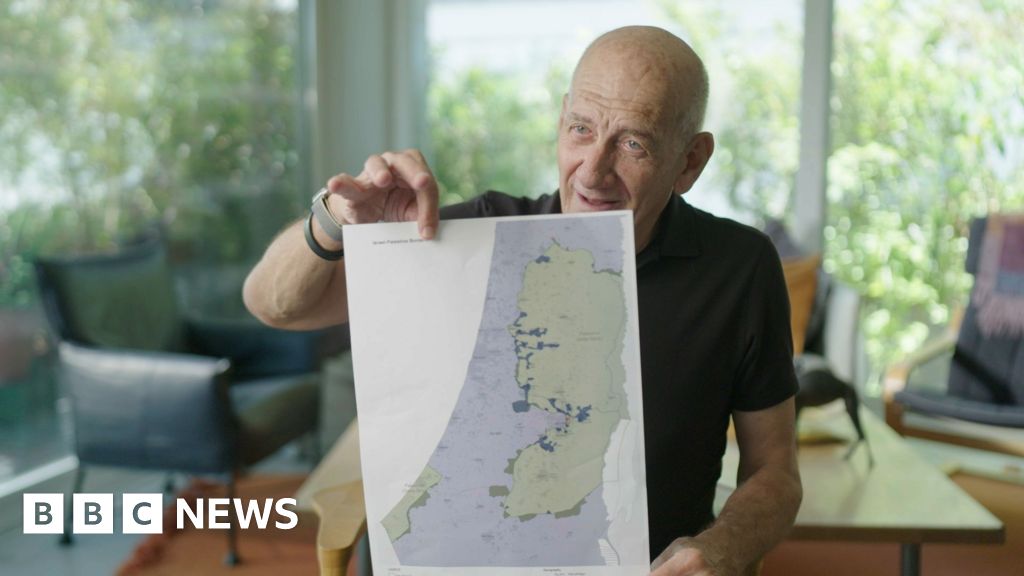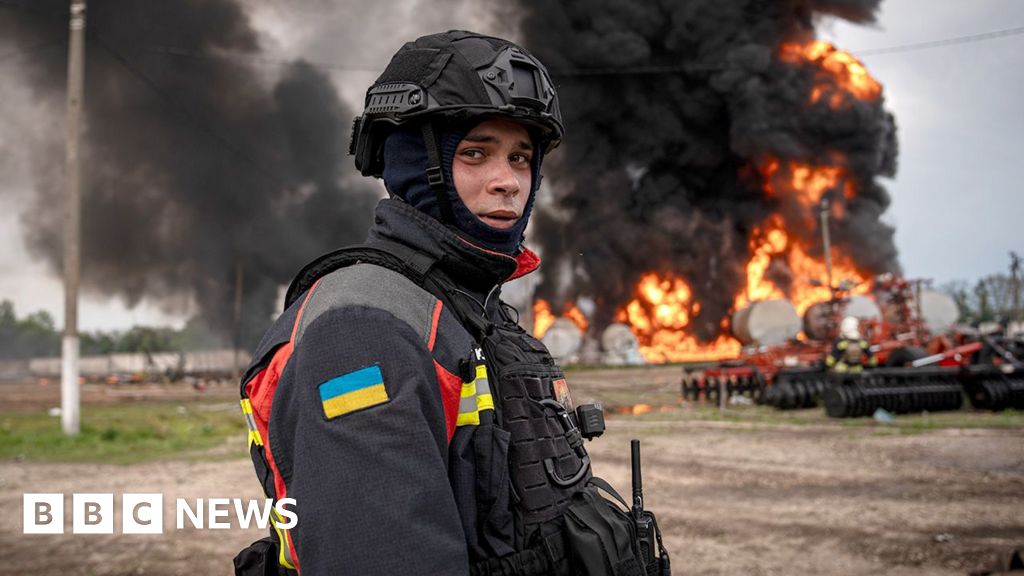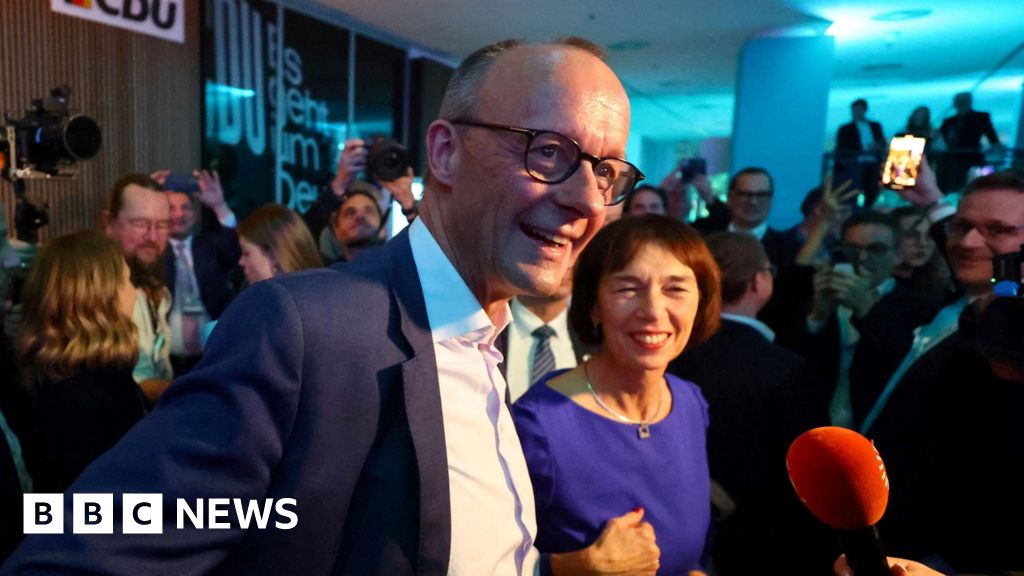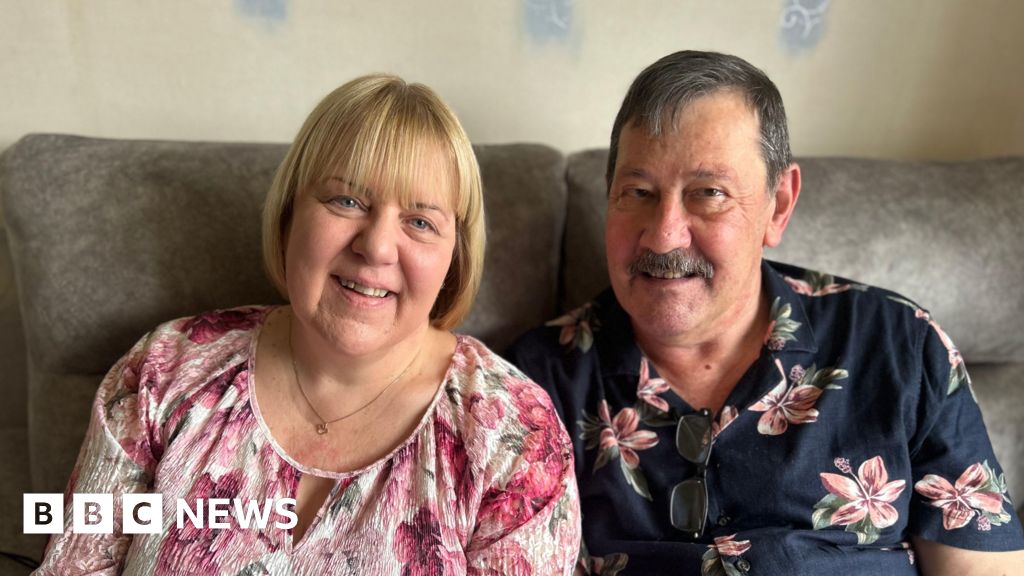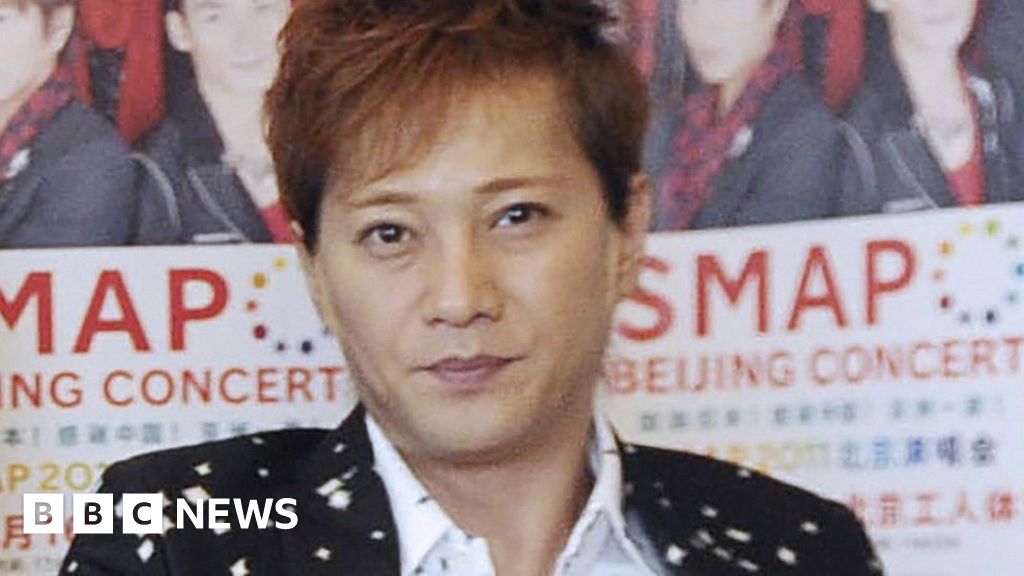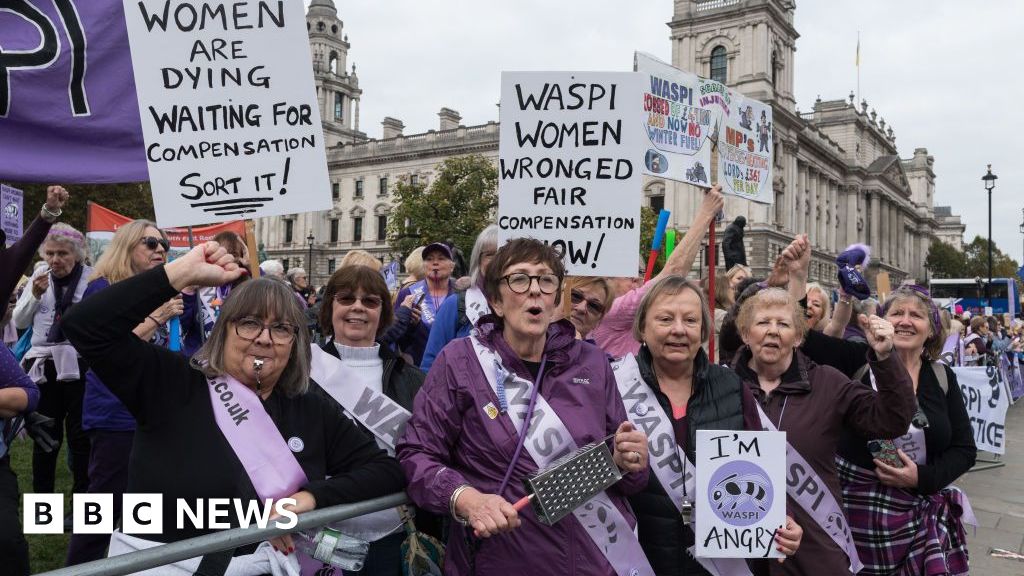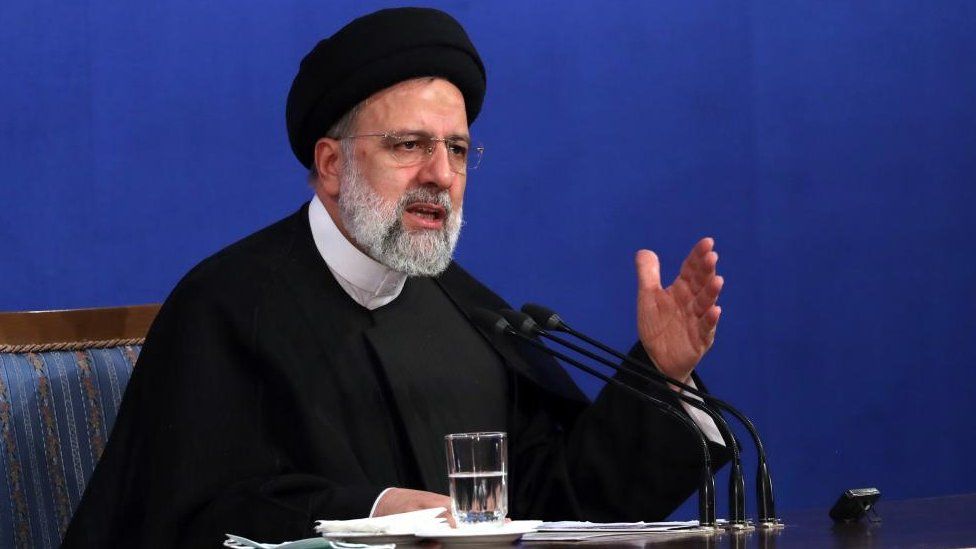 Image source, EPA
Image source, EPA
Iran's President Ebrahim Raisi has been killed in a helicopter crash, paving the way for fresh presidential elections in the country.
But the hardline cleric's sudden demise is not expected to significantly affect politics in the Islamic Republic, especially when power ultimately rests with the country's supreme leader - not the president.
What will happen in Iran now?
Iran's constitution is straightforward when it comes to a president being incapable of executing his duties due to illness, death or impeachment and removal by parliament.
Following Mr Raisi's death, Supreme Leader Ayatollah Ali Khamenei appointed First Vice-President Mohammad Mokhber to run the affairs of the country. Mr Mokhber will organise the election for a new president - working with the heads of parliament and the judiciary - to be held within 50 days.
Last time around, all serious challengers to the president were barred from running, clearing the path for him to enter office with the lowest number of voters, while the majority boycotted what they saw as a fixed election.
What are the powers of the supreme leader?
The most powerful figure in Iran is Ayatollah Khamenei, who has been supreme leader since 1989.
He is head of state and commander-in-chief. He has authority over the national police and the morality police.
Ayatollah Khamenei also controls the Islamic Revolution Guard Corps (IRGC), which is in charge of internal security, and its volunteer wing the Basij Resistance Force - used to quell dissent in Iran.
What say does the president have?
The president is the top elected official and second in rank to the supreme leader.
He is responsible for the day-to-day running of the government and has significant influence over domestic policy and foreign affairs.
However, his powers are relatively limited - especially in security matters.
The president's interior ministry runs the national police force. However, its commander was appointed by the supreme leader and is answerable directly to him.
The same is true of the commander of the Islamic Revolution Guard Corps and the Basij.
The president's powers can also be checked by parliament, which introduces new laws. In turn, the Guardian Council - which contains close allies of the supreme leader - has the job of approving new laws and can veto them.
Image source, Getty Images
Image caption,A protester holds a picture of Mahsa Amini during protests in Turkey back in 2022
How has state power been challenged in Iran?
The Islamic Republic was shaken by a huge wave of protests in 2022 following the death of 22-year old Mahsa Amini who was detained by the morality police for allegedly violating Iran's strict dress code.
Human rights groups say hundreds were killed in the crackdown and thousands detained.
The protests widened over time from discontent with the dress code to anger with the regime as a whole.
What is the morality police?
The morality police - or Guidance Patrols - is part of the national police.
The force was established in 2005 to uphold Islamic morals and laws on "proper" dress which were introduced after the Islamic Revolution of 1979.
Its estimated 7,000 male and female officers have the power to issue warnings, impose fines or arrest suspects.
Weeks before the unrest in the summer of 2022, President Raisi had ordered a tightening of Iran's "hijab and chastity law" which obligated women to behave and dress modestly.
Surveillance cameras were introduced to help spot unveiled women and a mandatory prison sentence was introduced for people opposing the hijab rules on social media.
Who are the Revolution Guards?
Image source, Anadolu Agency
Image caption,The Revolution Guards operates independently from the regular military
The IRGC is Iran's main organisation for maintaining internal security, and is now a major military, political and economic force in the country, with more than 150,000 personnel.
With its own ground forces, navy and air force, it oversees Iran's strategic weapons.
It has an overseas arm called the Quds Force which secretly provides money, weapons, technology and training to allies throughout the Middle East.
It also controls the Basij Resistance Force.
The Basij Resistance Force, formally known as the Organisation for the Mobilisation of the Oppressed, was formed in 1979 as a volunteer paramilitary organisation.
It has branches in every province and city in Iran, and within many of the country's official institutions.
Its male and female members, referred to as "Basijis", are loyalists to the revolution and under the orders of the IRGC.
About 100,000 are believed to perform internal security duties.
They have been heavily involved in suppressing anti-government protests since 2009's disputed presidential election.

 9 months ago
39
9 months ago
39
